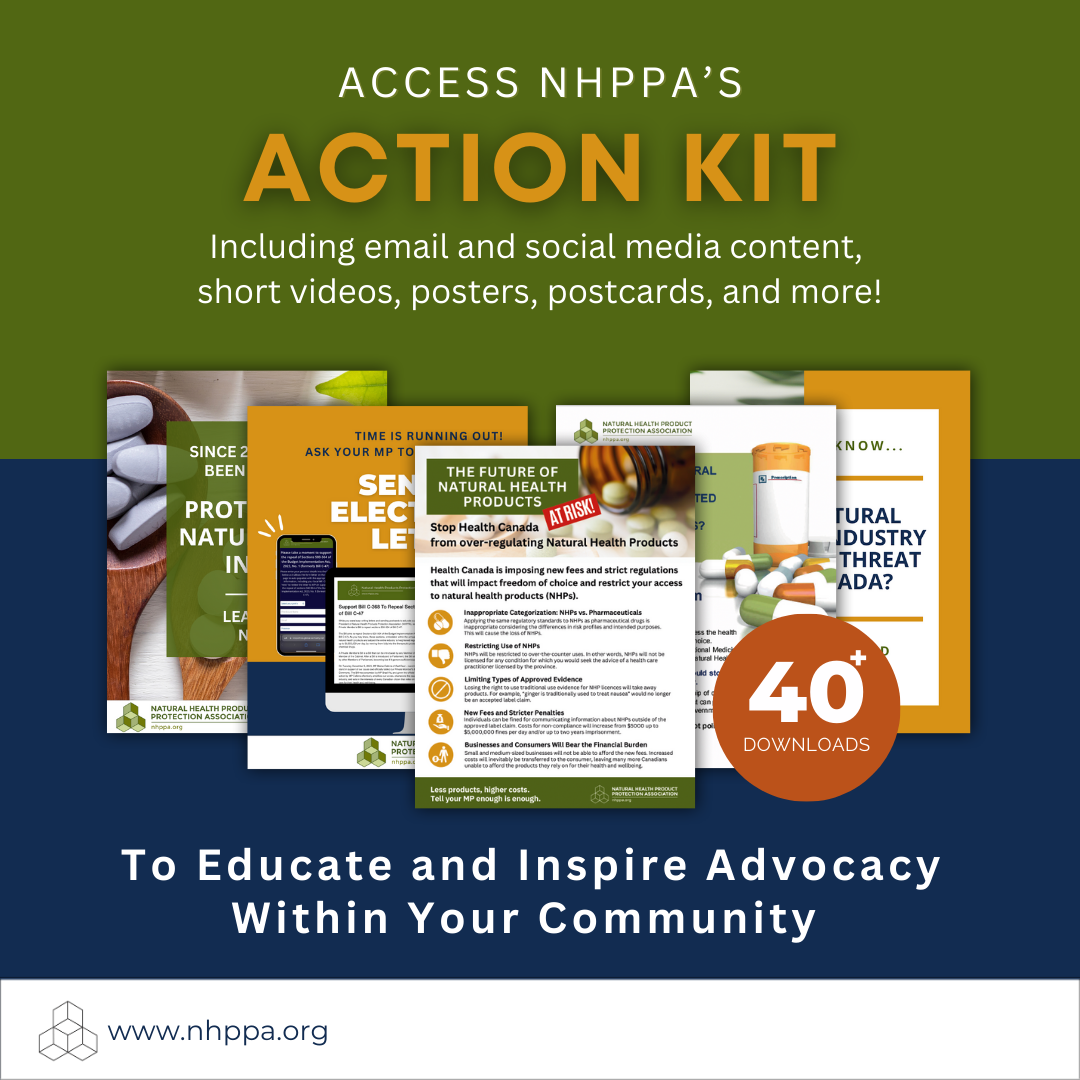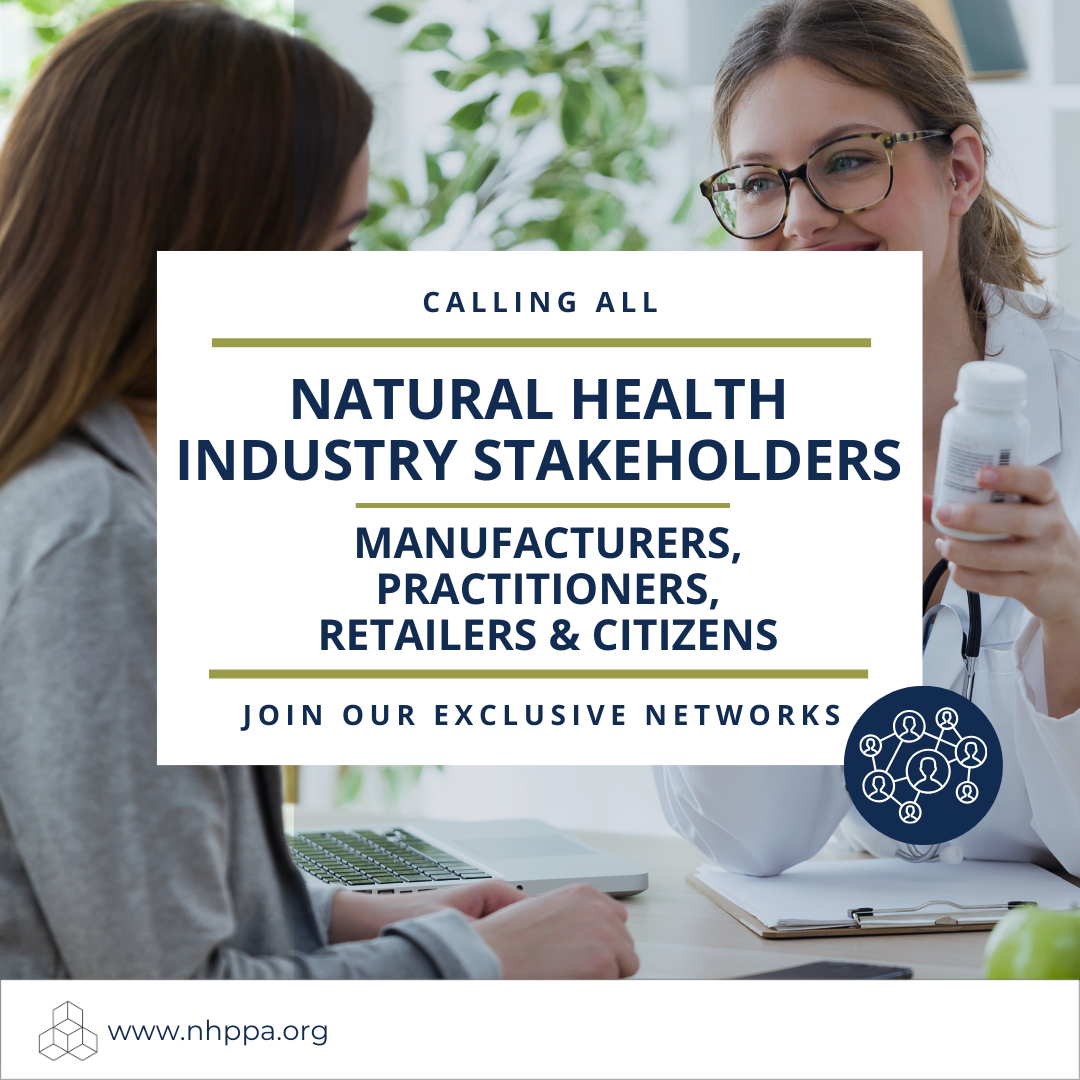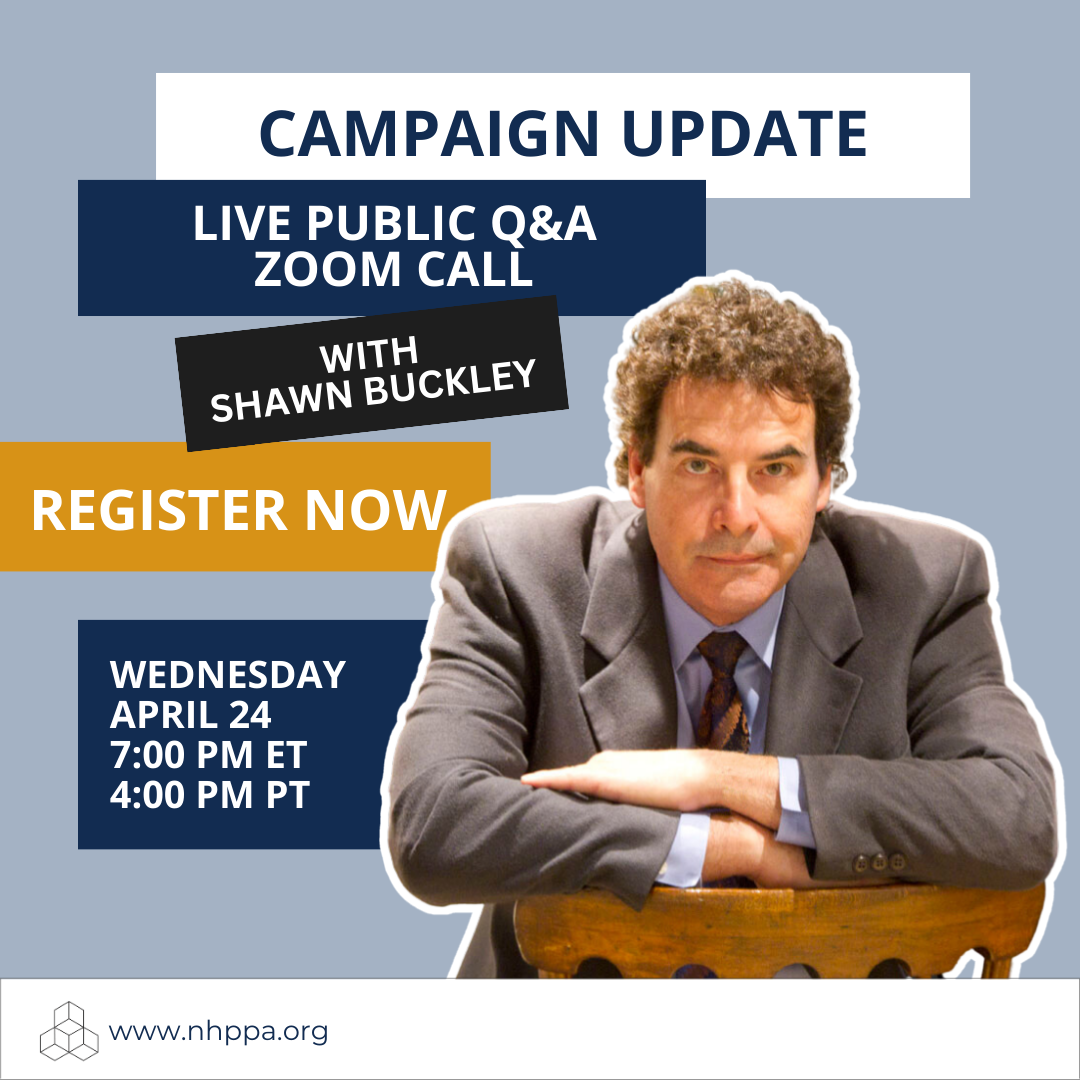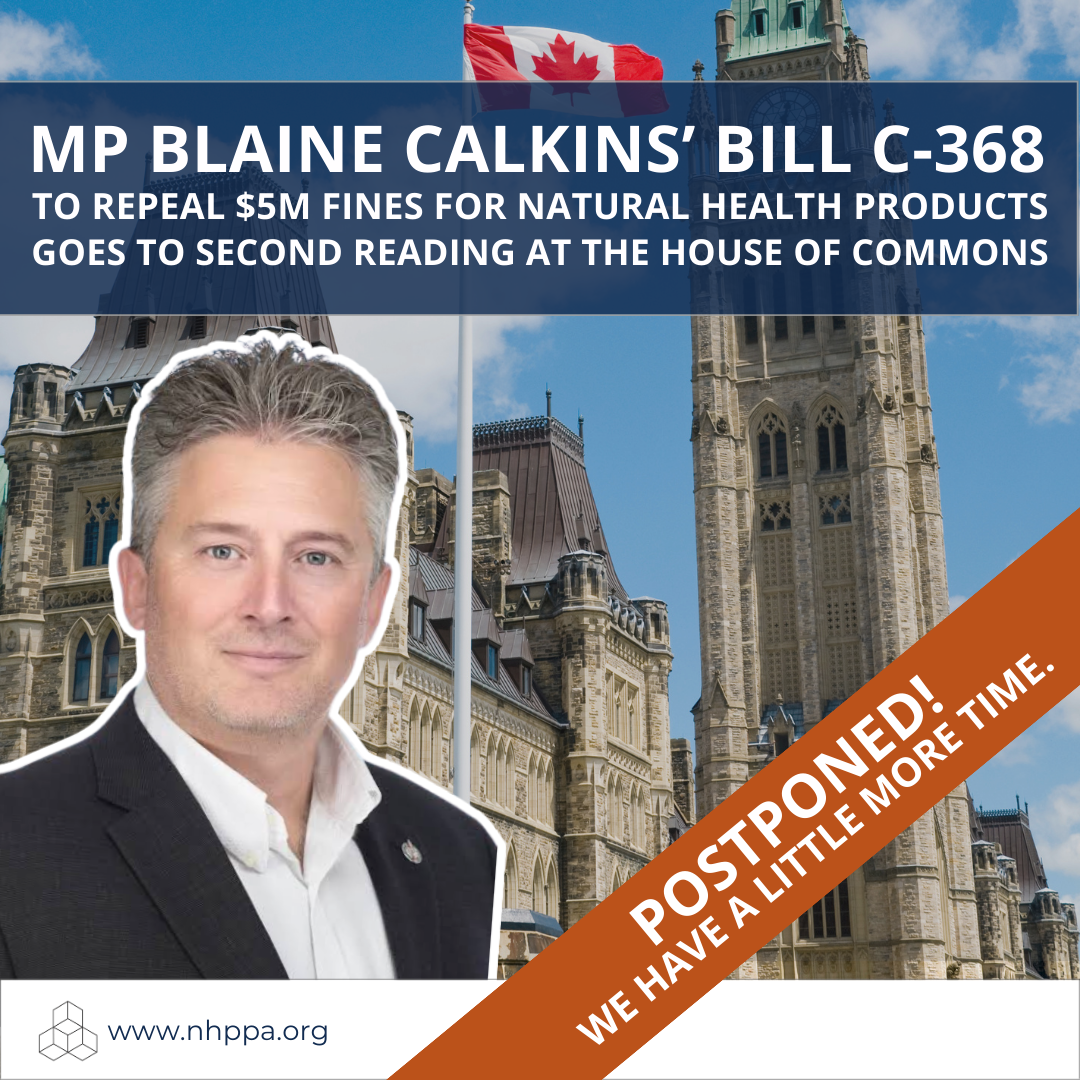“Statistics can be both persuasive and misleading if we’re not extremely careful. It is self-persuasion that we must vigilantly guard against if we want to establish reliable knowledge about the world, and ourselves”. This January 8, 2018 article, “Studying Studies: Part I – relative risk vs. absolute risk” (8 minute read), by Peter Attia, a US-based medical doctor specializing in the applied science of longevity, discusses the challenges in making sense of media coverage of scientific studies, and the importance of taking the time to question their validity.
Attia writes, “It’s too damn hard to always think critically—and we are not wired to do it as humans—but we must always strive for it. Whether we like it or not, it’s more helpful to be “difficult” people when judging the merits of an argument or hypothesis—even (especially) when it’s our own. It behooves us to understand the difference between relative risk and absolute risk—and to always report both to provide context.”
Critical thinking, opinion, context, facts. If you take a bit of time to understand the parameters of an argument, however polarized a point of view from yours it is, the ability to have meaningful discussions increases exponentially. NHPPA asks supporters of natural health products and practices to read and understand the material that we publish and how it relates to the material being generated by Health Canada. This makes for accurate, and influential, exchanges with your MP, Health Canada bureaucrats, industry members, friends, colleagues and of course your detractors. Your authority on the subject will make you more effective as an educator and activist for the issues that matter.





